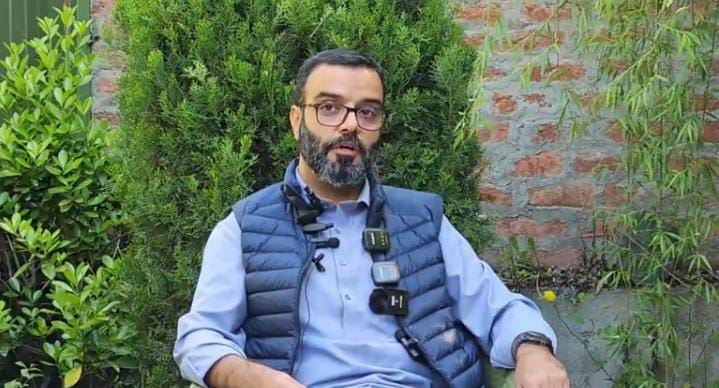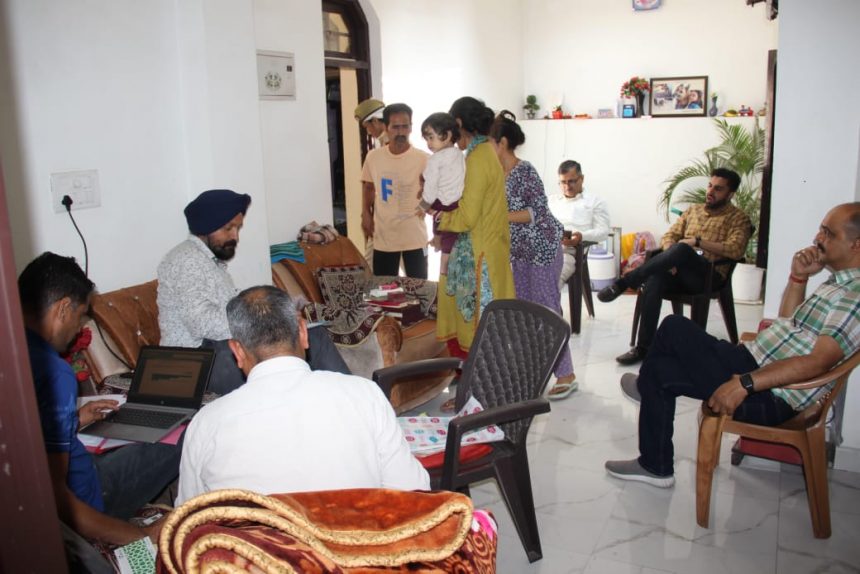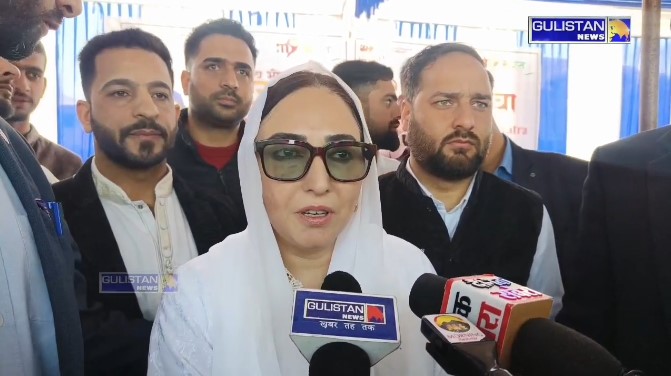The Supreme Court’s ruling on November 7 to liquidate Jet Airways effectively closed the chapter on attempts to revive the once-prominent Indian airline. The verdict followed a prolonged legal dispute that saw the Jalan Kalrock Consortium (JKC), Jet’s winning bidder, fall short of meeting crucial conditions laid out in the 2021 resolution plan.
With Jet Airways grounded since 2019 due to financial distress, the court’s decision highlights the challenges surrounding corporate recoveries within India’s aviation sector. The court found that JKC had not met the required financial obligations, which included injecting Rs 350 crore into the airline and paying Rs 226 crore in overdue employee salaries.
These funds were pivotal to Jet Airways’ comeback plan, but JKC’s inability to meet them raised doubts about the feasibility of the revival process.
The court also set aside the National Company Law Appellate Tribunal (NCLAT) order, which allowed the cash-strapped Jet Airways’ ownership transfer to the Successful Resolution Applicant (SRA) without complete payment in accordance with the resolution plan.
Justice Pardiwala highlighted the broader lessons learnt from this protracted litigation, highlighting the need for stricter adherence to the Insolvency and Bankruptcy Code (IBC) and clearer standards in appellate decisions. “This litigation is an eye-opener and has taught us many lessons about the IBC and the functioning of NCLAT,” said Justice Pardiwala.
The court criticised the NCLAT’s ruling, which allowed JKC to adjust a performance Bank Guarantee (PBG) of Rs 150 Crore against its payment obligations, a move deemed by the Supreme Court as contrary to legal principles governing the IBC.
After five years without significant headway, the Supreme Court ordered immediate liquidation, directing the National Company Law Tribunal (NCLT) in Mumbai to appoint a liquidator. The Rs 200 crore already invested by JKC would be forfeited, and lenders led by the State Bank of India (SBI) are authorised to invoke the Rs 150 crore PBG to recover some of their dues.
Lenders had earlier appealed to the Supreme Court, contending that JKC had failed to uphold key aspects of the resolution plan. They argued that, despite winning the bid, JKC had not provided the necessary funding or obtained regulatory approvals, such as an air operator certificate and security clearances.
The consortium, in its defense, cited delays from the lenders and regulatory hurdles, but the court found these justifications insufficient, concluding that liquidation was the sole viable path forward.
This decision not only marks the end of Jet Airways’ revival efforts but also signals the Supreme Court’s stringent stance on adherence to the IBC and reinforces the judiciary’s role in holding bidders accountable in insolvency proceedings.
Following GoFirst’s liquidation, Jet Airways is the second major airline in India to be liquidated under the IBC, a clear indication of the regulatory challenges within the aviation industry.









